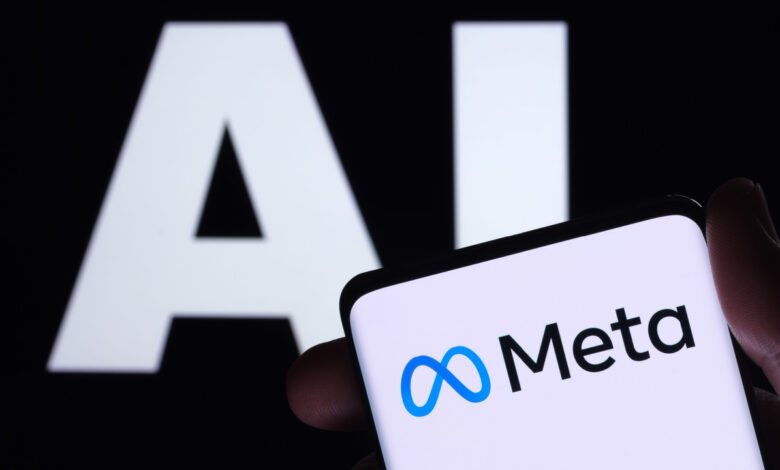Meta’s AI Spending Plans Leave Investors Unnerved

Wall Street investors are reportedly uneasy about Meta’s multi-billion-dollar artificial intelligence (AI) plans.
The company’s stock fell 15% in early trading Thursday (April 25), Bloomberg News reported, despite CEO Mark Zuckerberg’s efforts to reassure investors as the tech giant released its quarterly earnings.
“For all Meta’s bold AI plans, it can’t afford to take its eye off the nucleus of the business — its core advertising activities,” Sophie Lund-Yates, an analyst at Hargreaves Lansdown, said in a note, per the Bloomberg report. “That doesn’t mean ignoring AI, but it does mean that spending needs to be targeted and in line with a clear strategic view.”
As reported here Wednesday (April 24), Meta’s earnings showed that, rather than accelerating its return on investment on AI, the company plans to spend $5 billion more than it had originally planned to build new artificial intelligence products for consumers, developers, businesses and hardware manufacturers.
Meta’s capital expenditures on AI and the metaverse-development division Reality Labs will range from $35 billion to $40 billion by the end of this year.
Zuckerberg touched on last week’s introduction of the latest version of its AI assistant, Meta AI, powered by the latest advances of its large language model (LLM) Meta Llama 3. “I expect that our models are just going to improve further from open source contributions,” he said.
“Overall … our teams have achieved another key milestone in showing that we have the talent, data and ability to scale infrastructure to build the world’s leading AI models and services,” the CEO added.
“And this leads me to believe that we should invest significantly more over the coming years to build even more advanced models and the largest scale AI services in the world.”
As the Bloomberg report notes, it isn’t the first time Zuckerberg has pleaded for patience with investors as the company embarked on big technology projects, such as Reality Labs, which lost $16 billion in 2023.
Meanwhile, PYMNTS examined the features of Llama 3 in recent interviews with industry experts such as Austin Vance, CEO of digital transformation firm Focused Labs.
He said one of Llama 3’s main advantages is that it comes in both large and small models, with the latter outperforming the accessible version of OpenAI’s GPT 3.5 Turbo, with faster inference times and the additional benefit of being open source.
“This allows enterprises to deploy the model on their own infrastructure using relatively affordable hardware, giving them control over their security environment, data and development workflows without incurring significant costs associated with OpenAI,” said Vance.



